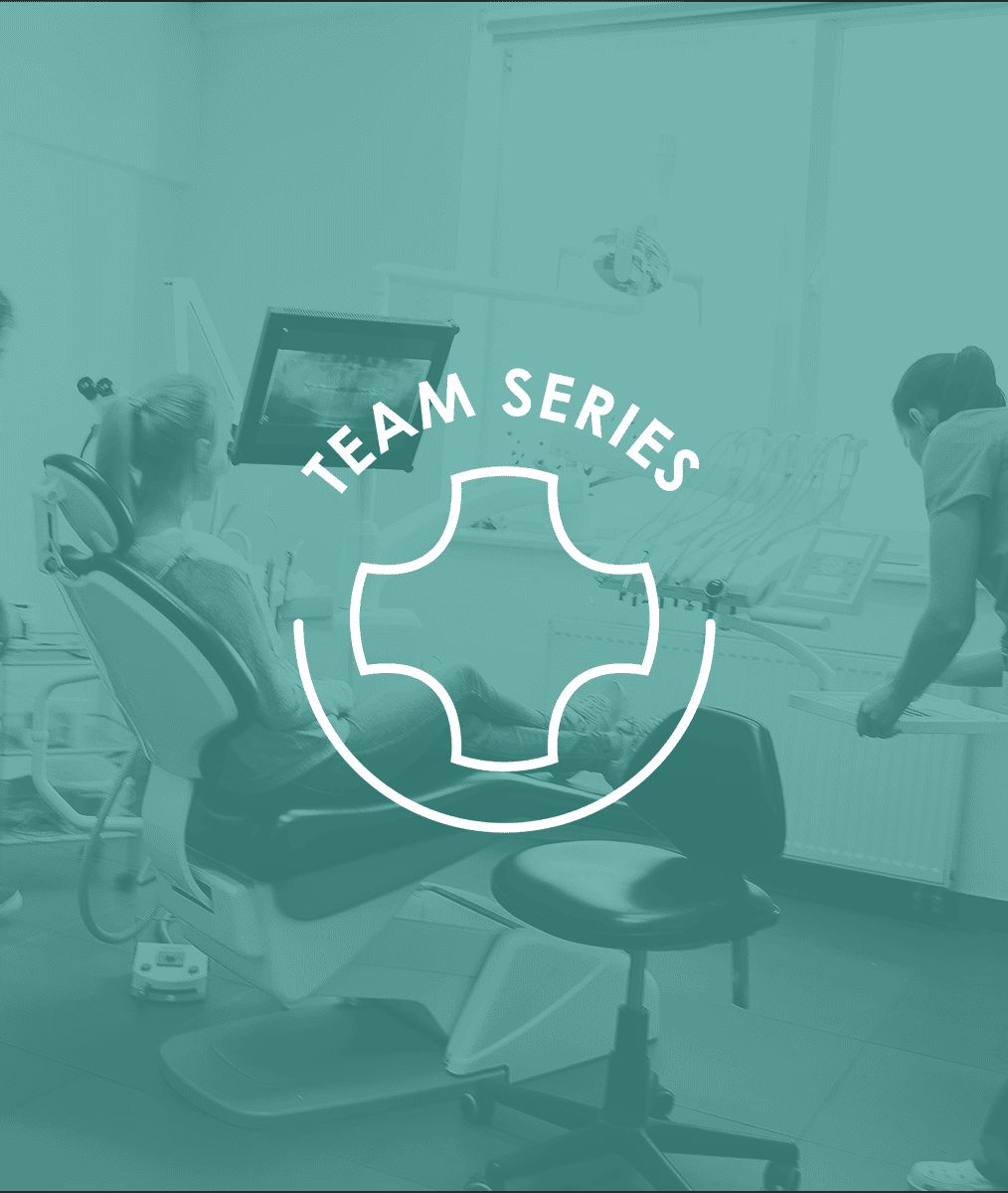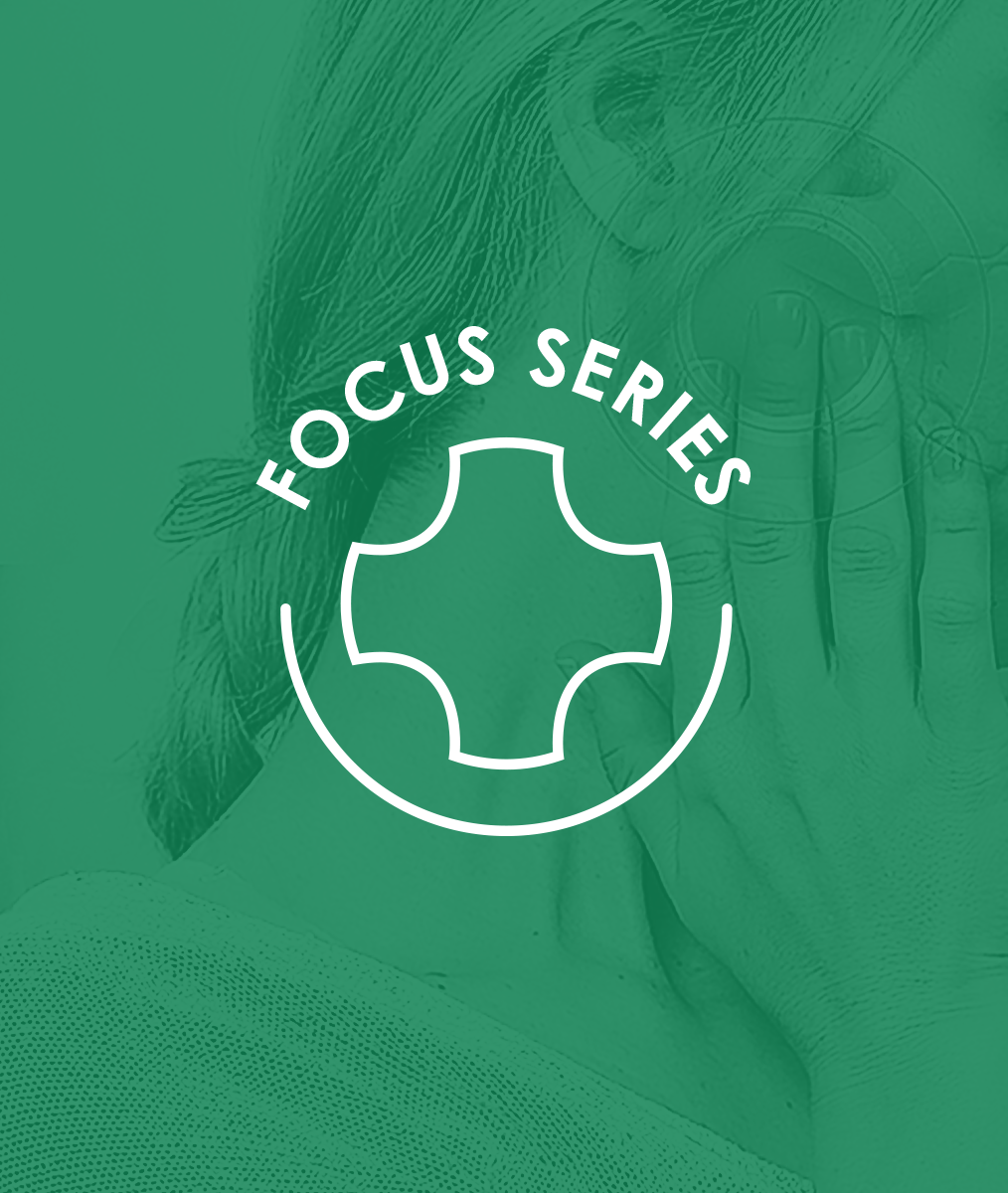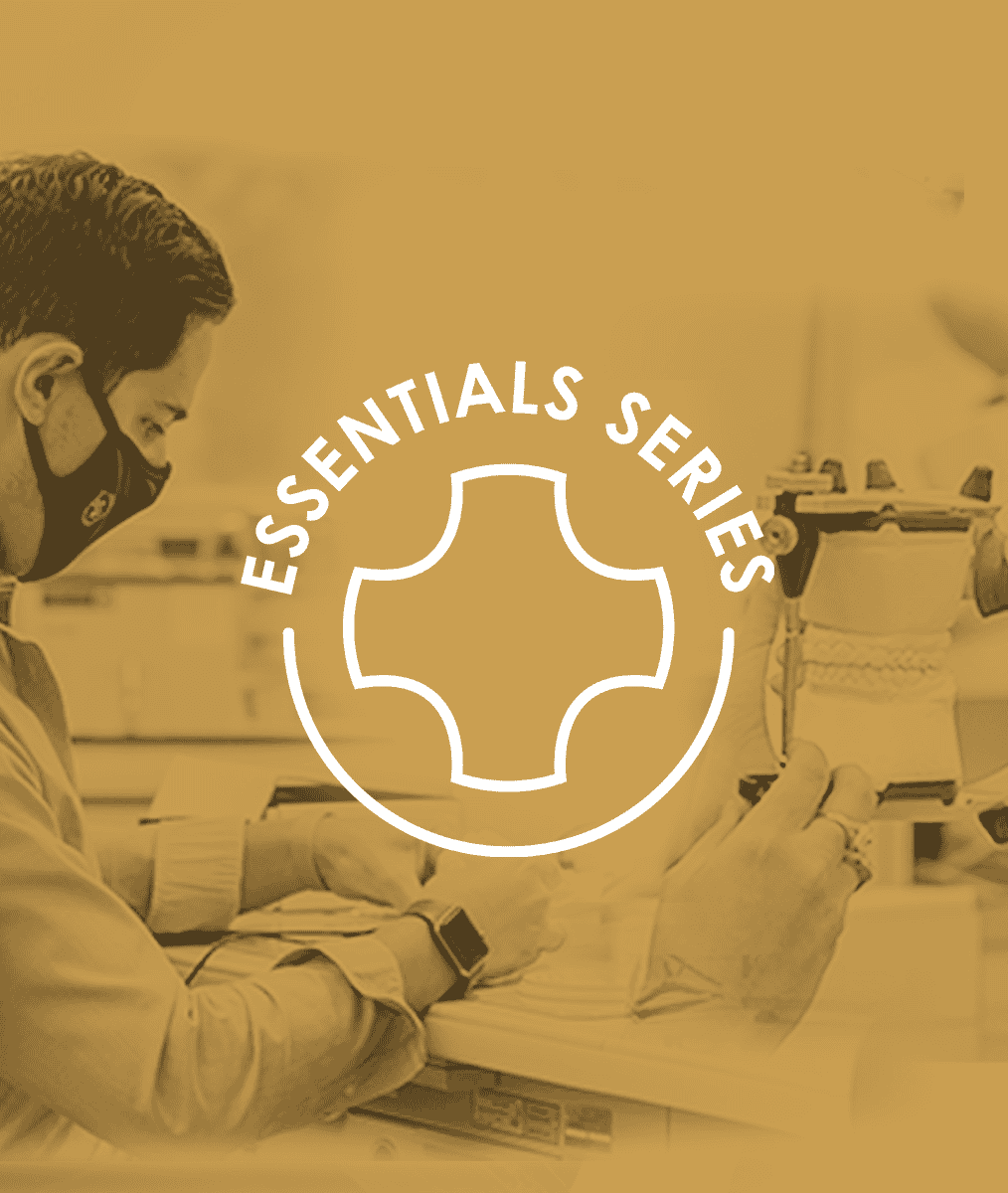Your Patients Want to Know… You Love What You Do
Patients gravitate toward and stay loyal to dental practices in which the dentist and care team love what they do.
When you are enthusiastic about your work and how you do it, you can’t help but talk about it, can you? You can’t help but show it.
This enthusiasm affects patients in multiple ways.
- Your happy office is a delight to visit under most circumstances.
- The confidence you exude makes potentially stressful visits more comfortable and allows patients to trust in your care.
- Their curiosity in dentistry and what you can achieve together is peaked. They ask more questions. This, in turn, sparks the patient’s desire to make changes in their health and smile.
- Because your happiness has spread throughout your care team, the support patients receive throughout their experience is exceptional.
- You surround them with so much positive energy they feel free to get to know you too.
- Consistent happy experiences lead to patients feeling like they are among family and friends.
- And, you’ve all seen this. Patients want to emulate your happiness in their own lives. They want to be like you.
What is happiness anyway? The definition that I like is “the ability to feel satisfied with your life, to enjoy yourself and others, and to have fun in the present.” This certainly is what your patients enjoy when they visit.
So, what brings about happiness in dental practice? Perhaps, you’ll agree:
- Doing what you love to do most of the time, applying your talents and strengths
- Being outwardly focused on the well-being of others
- Effectively motivating and leading others to optimal health
- Being true to your own personal values
- Ever be it dynamic–Pursuing your own vision of practice (in the case of the dentist) and a coherent practice vision to which you contribute (in the case of team members)
- Working in a care team that is high functioning with high EQ
- Effective systems that facilitate doing what you love most
- Ability to successfully problem solve and adapt with confidence
- Patients who appreciate what you do together
- Continuously mastering higher standards of care
- Multiple moments of true connection with others every day
- Understanding of yourself and others
- Satisfaction with your life outside the office
- Optimism and gratitude
Related Course
E1: Aesthetic & Functional Treatment Planning
DATE: June 20 2024 @ 8:00 am - June 23 2024 @ 2:30 pmLocation: The Pankey Institute
CE HOURS: 39
Dentist Tuition: $ 6500
Single Occupancy Room with Ensuite Bath (Per Night): $ 290
THIS COURSE IS SOLD OUT Transform your experience of practicing dentistry, increase predictability, profitability and fulfillment. The Essentials Series is the Key, and Aesthetic and Functional Treatment Planning is where your journey…
Learn More>
















